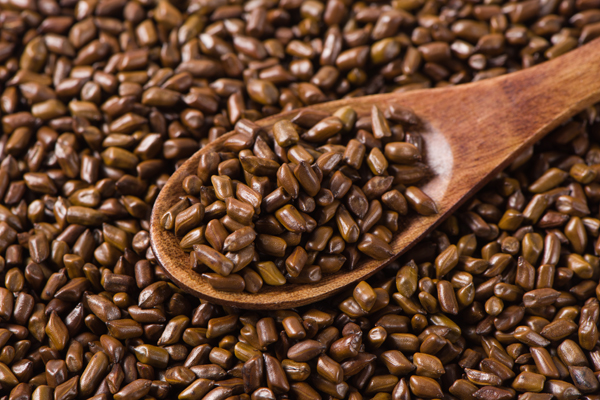Modern lifestyles characterized by fast-paced routines, poor diets, and chronic stress frequently lead to intestinal dysfunction and constipation. To address these concerns, we present a science-backed gut health program that combines traditional herbs, probiotics, and Western medicine—helping you achieve optimal digestive wellness.
I. Herbal Supplements: Nature's Gentle Laxatives
With centuries of traditional use, herbal supplements offer gentle yet effective constipation relief through natural mechanisms:
1.Senna
How it works: Contains sennosides that stimulate intestinal nerves, enhancing peristalsis (effective in 6-12 hours).
Best for: Acute constipation (short-term use only)
Caution: Prolonged use may cause electrolyte imbalance or weakened bowel function.


2.Aloe Vera
How it works: Aloin lubricates intestines and softens stools while repairing intestinal mucosa.
Best for: Dry, heat-related constipation (hard,difficult-to-pass stools)
3. Cassia Seeds
How it works: Mild anthraquinones promote bile secretion and stool softening.
Bonus benefits: Supports cardiovascular health and vision clarity-ideal for daily teas.

Why Choose Herbs?
More natural and gentle than synthetic laxatives
Provide additional health benefits beyond constipation relief
Excellent for short-term digestive support
2. Probiotics: Long-Term Gut Microbiome Balance
Unlike temporary solutions, probiotics restore gut ecology for sustainable digestive health:
✅Rebalance gut flora: Boost beneficial bacteria(Bifidobacterium/Lactobacillus) while
suppressing harmful microbes
✅Enhance motility: Specific strains stimulate natural bowel movements
✅Improve stool quality: Metabolites increase water content, preventing hard, dry stools
✅Reduce inflammation: Help manage IBS and chronic gut disorders
Top Evidence-Based Strains:
Bifidobacterium lactis: Clinically proven to reduce constipation frequency
Lactobacillus acidophilus: Maintains optimal gut pH for motility
Lactobacillus rhamnosus: Excellent for long-term gut regulation

3. Western Laxatives: Fast But Risky
While providing immediate relief, chemical laxatives carry significant risks:
❤️Key Concerns:
Dependency: Stimulant laxatives (e.g., bisacodyl) may cause "lazy bowel" syndrome
Electrolyte imbalance: Frequent use can deplete potassium/sodium, leading to weakness
Nutrient malabsorption: Chronic use interferes with vitamin/mineral uptake
Discomfort: May cause abdominal pain and bloating
?When to Use:
Only for severe cases requiring immediate relief (e.g.,pre-surgery)
Limit to <1 week to avoid dependence
| Comparison | Probiotics/Prebiotics | Herbal Supplements | Western Laxatives |
| How It Works | Regulate gut flora | Stimulate bowel movements | Rapidly induce laxation |
| Dependence | Currently no data to support this | Prolonged use may lead to dependence | Strong dependency |
| Side Effect | Minimal to none | May cause electrolyte imbalance | Abdominal pain, diarrhea, and impaired nutrient absorption |
| Best For | Long-term gut regulation | Short-term gut regulation | Emergency Use |
The Smart Gut Health Protocol
Quick Relief: Herbs like senna or aloe (short-term)
Long-Term Solution: Probiotics +high-fiber diet
Emergency Use: Minimal Western laxatives (under guidance)
Lifestyle Essentials:
Fiber-rich foods: Oats, chia seeds, leafy greens
Hydration:1.5-2L water daily
Movement: Daily walking/yoga to stimulate digestion
Conclusion: Your Personalized Gut Health Strategy
For optimal results, combine:
Daily probiotics + fiber for microbiome balance
Herbal support as needed
Rare use of Western laxatives
By adopting this holistic approach, you can restore natural bowel function and achieve lasting
digestive wellness!